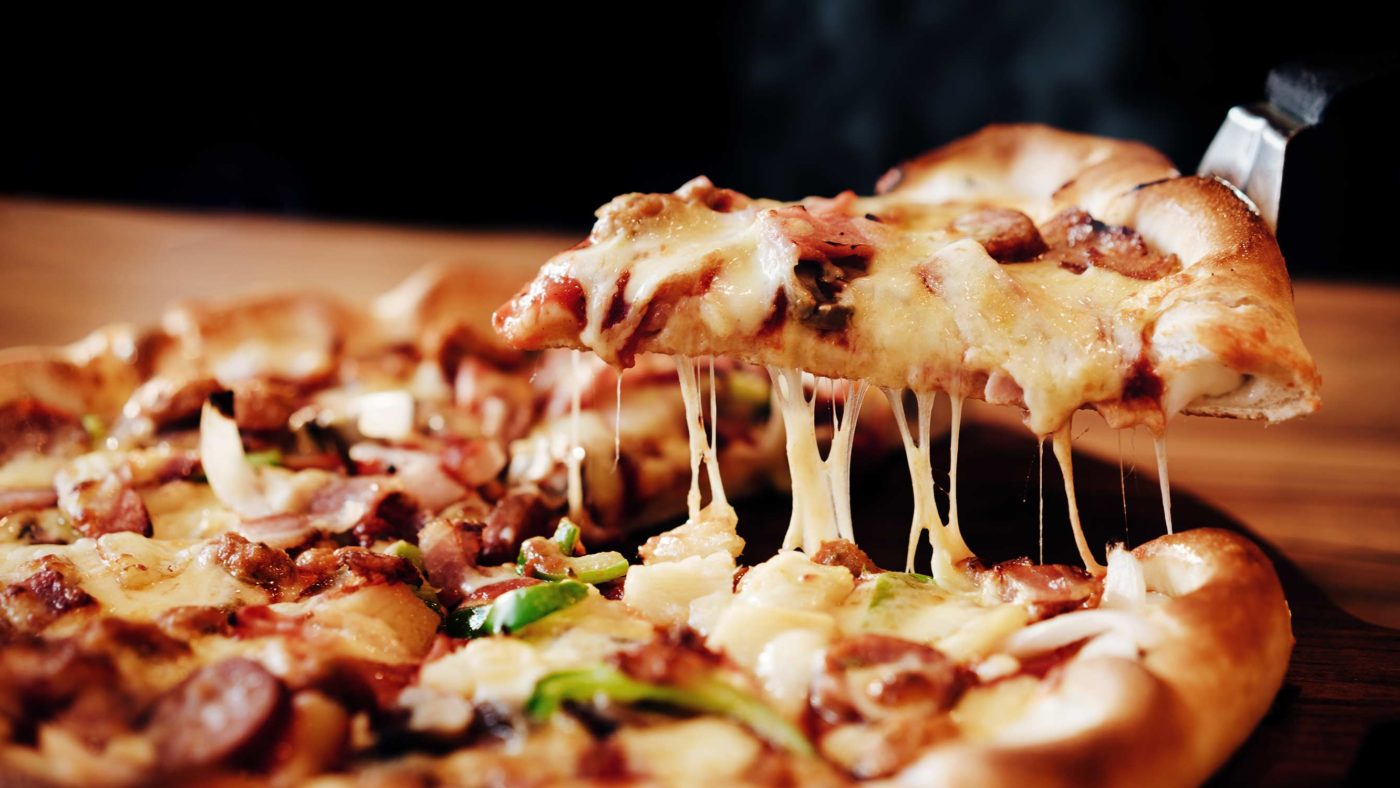The Government has been repeatedly warned that their mad ad ban plan will hurt consumers and burden British businesses without making a dent in the obesity rate for adults or children. But they would rather listen to paternalist grifters than their own pitiful impact assessment (which shows the measures would result in a reduction of just 2.7 calories a day per child), because we now know they’re going ahead with it regardless.
Since the Prime Minister’s brush with Covid-19, his damascene conversion from trusting individuals and families to decide what they eat and drink has gathered pace: spurred on by the Department of Health bending to the whim of those who think scrolling past pictures of chocolate on Twitter is a public health catastrophe. The latest instalment is the ad ban, which will establish a 9pm watershed for HFSS (high in fat, salt and sugar) food ads on TV and new restrictions on paid online advertising of these products. Presumably Boris didn’t get the memo when he tweeted out a picture of himself tucking into a Jam ‘n Cream biscuit on the same day as the announcement. Nor did Chancellor Rishi Sunak when he recently visited Gusto, a leading British meal kit provider that would no longer be able to advertise online under the Government’s plans.
It could have been worse. Eager to protect our eyes from offensive images of food and drink, the Government initially ignored the fact that many small businesses ravaged by repeated lockdowns increasingly depend on digital advertising to sell their wares. The Adam Smith Institute’s ‘Scrap the Ad Ban’ campaign received numerous worried emails to this effect, with those who lost their jobs as a result of the pandemic fearing that their food businesses would be killed off months after they started. The latest proposals seem to have caught up with reality on this limited front and exempt SMEs from their broader online censorship. There’s also a tacit acknowledgement that the working definition of ‘junk food’ is not fit for purpose—the Government has carved out exemptions for middle-class munchies such as honey, olive oil and avocados despite them falling under the HFSS umbrella. But British favourites, like fish and chips, the Full English Breakfast or jam and scones do not appear to be protected.
The key arguments against the ad ban remain as credible as ever. What’s bad for the goose is bad for the gander. Exempting small businesses is basically admitting that the new restrictions will harm jobs, growth and competition for larger ones. The estimated saving to the NHS of £50 million over 25 years (a rounding error, not even taking us past January 1st in a single year) is dwarfed by billions in damage to broadcasters, online platforms, ad agencies and producers across the country.
It will also inconvenience consumers. Few people actively enjoy seeing pictures of pizza in their ad breaks, but advertising saves us time and reduces the search costs of finding new places to eat or drink. If you’re on a tight budget and like to treat your family to a takeaway once a week, you probably want to hear about a new 2-for-1 deal from the Domino’s or Papa John’s down the road.
Ignoring the costs to consumers and the risk to the post-pandemic recovery is bad enough, but the evidence marshalled in favour of the ad ban plan – where it does exist – is pitiful. The Government’s own Impact Assessment admits that there is “very limited research on the relationship between HFSS advertising and adults’ consumption choices” and no solid evidence that the ban will change anything: except perhaps make manufacturers compete on lowering prices instead of creating trustworthy brands.
When it comes to research on how children react to HFSS ads, they admit that “the evidence used to link HFSS advertising exposure to calorie consumption has been generated by experimental studies that may lack generalisability to real world conditions”. In other words, the existing studies are bunk: a child is shown pictures of burgers then allowed to eat as much as they want without the presence of their parents or any limit on spending power. Not exactly the most reliable way of determining how ads change kids’ behaviour.
None of this should come as a surprise to anyone familiar with the broader literature on the economics of advertising. Those who are bent on viewing the food and drink industries as Machiavellian manipulators assume that seeing a man on your screen tucking into a Mars bar creates a brand new desire to gorge yourself on chocolate until you become an unacceptable financial liability to Our Precious NHS. In fact, the primary function of advertising is to convince chocolate bar aficionados to choose Mars over Dairy Milk next time they put one in the basket on their weekly shop. We simply aren’t the passive zombies that Prue Leith, Jamie Oliver or Adam Curtis believe us to be.
More concerning than one bad policy is that the Conservative Party seems set on a path that is ever more hostile to free enterprise, evidence-based policy and personal responsibility. Their mad ad ban plan will kick the economy while it’s down and have virtually no impact on anyone’s diet. The only positive impact of the ban is the enjoyment I’m getting from the cool can of Coca Cola (full fat) I’m necking to destress after exploring the utter lunacy of these proposals.
Click here to subscribe to our daily briefing – the best pieces from CapX and across the web.
CapX depends on the generosity of its readers. If you value what we do, please consider making a donation.


